Apply for this course
Please select when you would like to start:
Use the apply button to begin your application.
If you require a Student visa and wish to study a postgraduate course on a part-time basis, please read our how to apply information for international students to ensure you have all the details you need about the application process.
Why study this course?
Offering a global approach to the field of teaching languages, our diverse and multilingual cohort adopts a strong intercultural approach to provide you with a challenging and valuable learning experience.
This Arabic Language Teaching MA is designed for teachers and language professionals, but would also be suitable if you have no teaching experience. The course ensures you develop new ways of thinking and talking about language, language teaching, and language learning across different social and educational contexts.
Reimagine how you think about languages
The course ensures you develop new ways of thinking and talking about language, language teaching, and language learning across different social and educational contexts
Learn about every aspect of Arabic language and culture
You will deepen your understanding of the fundamental disciplinary areas of the Arabic language, culture, pedagogy and linguistics, while also focusing on more specific theoretical and practical themes
Learn from industry professionals
The lecturers teaching on the course have long-term experiences in teaching in different contexts, are research active and have publications in the subject area
Course modules
The modules listed below are for the academic year 2024/25 and represent the course modules at this time. Modules and module details (including, but not limited to, location and time) are subject to change over time.
Year modules
Arab World Studies
This module currently runs:autumn semester - Thursday afternoon
(core, 20 credits)
The module will introduce students to Arab societies, in particular how recent political, economic and media developments are shaping Arab societies and social groups today. The module will trace general Arab traditions and see how these have evolved over time focusing on the family, education, religion, urbanisation, the media, etc. This module also introduces students to higher education in the Arab world.
The module will be taught in Arabic
Module aims:
- This module aims to introduce the student to the Arab world studies by:
- providing students with the opportunity to examine the major approaches and controversies in the study of modern Arab societies.
- engaging students in critical reflection on modern Arab issues;
- providing students with the opportunity to engage with, categories and evaluate a range of major works on modern Arab, drawn principally form the social sciences and history but also including literature on Orientalism and its critics.
- introducing students to the principal traditions and social forces at play in Arab societies today.
- Familiarising students with the purposes and demands of higher education in the Arab world.
Arabic Language Teaching Practicum
This module currently runs:spring semester - Monday afternoon
(core, 20 credits)
The module begins with analysing the techniques, procedures and principles of Arabic language teaching methods such as the Communicative Language Teaching, Task-based Language Teaching, and Cooperative Language Learning. In the sessions which follow, different techniques for observing and analysing Arabic language classes will be discussed. The issues discussed on observation include different types of observation (structured and unstructured), the focus of observation, and ways of recording and analysing observation. Then techniques and procedures for teaching grammar, vocabulary and pronunciation will be explored and practised as well. The module is targeted at students working or planning to work in AFL, ASL and ANL contexts.
Module Aims:
- You will reflect on and experience teaching and learning Arabic
- You will explore different perspectives on teaching Arabic and their implications for teaching and learning the Arabic language
- You will broaden your knowledge and understanding of various principles and approaches to Arabic language teaching
- You will be able to apply your teaching knowledge and skills to Arabic language classes and to your Arabic language teaching contexts
Arabic Linguistics and Cultures
This module currently runs:autumn semester - Tuesday afternoon
(core, 20 credits)
Arabic Linguistics & Cultures offers professional and theoretical training in core areas of Arabic linguistics and cultures. It goes on to consider how, or to what extent, the science of linguistics can be applied to the teaching of the Arabic language. Students are encouraged to develop an understanding of a range of different areas of Arabic linguistics and to develop critical awareness and gain in-depth knowledge and understanding of Arabic cultures. By examining the core concepts of the Arabic language and cultures, students will be introduced to the different ways knowledge of linguistics and culture as well as critical language awareness can assist Arabic language teachers and their learners.
The module adopts a combined theoretical-practitioner approach to the topics to bring students from a range of professional backgrounds and experiences to a core advanced level that is needed for an MA in Arabic Teaching as a Foreign Language.
The module will be taught in Arabic
Module aims:
This module aims to enrich students’ understanding and knowledge of concepts and areas in language, linguistics and culture and to familiarise them with how this knowledge and critical awareness contributes to and/or is used in Arabic language teaching. By exploring the relationship between theory and practice and highlighting the importance of teachers’ role in enhancing teaching and learning, the module aims to broaden students’ horizons to the crucial role of teachers’ knowledge of language and culture in language classroom and to provide them with an opportunity to become autonomous in expanding their knowledge of Arabic linguistics and cultures when it is needed. The module aims to:
1) Introduce and discuss technical terminology and apparatus of Arabic linguistics and to demonstrate how language awareness and knowledge of Arabic linguistics can help Arabic teachers in their language teaching
2) Develop students’ critical cultural and language awareness, deepen their knowledge of different areas of Arabic linguistics and cultures, and expand their disciplinary understanding
3) Provide students with opportunities to develop critical understanding of how linguistics guide language teaching techniques and strategies
4) Demonstrate how complex insights from current debates in Arabic linguistics and cultures can be used as classroom applications and implications
Issues in Language Learning: An Intercultural Approach
This module currently runs:autumn semester - Tuesday morning
(core, 20 credits)
This module focuses on key issues in language learning and teaching that are relevant to contemporary classroom practice. You will explore how pedagogical thinking has developed in different cultural contexts and how this influences language teaching and learning in particular.
This module aims to extend your knowledge of cultural differences in the creation of methodologies and approaches in language teaching and learning; the different cultural status of teachers; the role of the learner and their languages in their learning process; and more specific considerations of curriculum, syllabus and teaching materials in the teaching of global languages in local classrooms.
The module also promotes the problematisation of key concepts in language teaching and learning, such as ‘culture’, ‘language’, and ‘identity’ and you will be encouraged to reflect on your own experiences as a learner and/or teacher in order to evaluate your own knowledge and expertise and develop an analytical, critical and global perspective to the teaching of languages that is essential for your professional development.
In this module, you will:
- explore the relationship between language and culture in the teaching of global languages
- examine how language teaching methodologies are influenced by different understandings of language, culture, and learning
- reflect on the role that culture plays in communication, particularly in multicultural contexts
- study how language teaching curricula, methodologies, and materials can impact the identity construction of language learners
Language Testing and Assessment (Arabic)
This module currently runs:spring semester - Tuesday afternoon
(core, 20 credits)
This module examines the core concepts and common theoretical approaches to language testing and introduces the new approaches to test design and assessment processes.
The module encourages students to evaluate their own language testing and assessment practices more reflexively and to consider the tests that are commonly used more critically. It will discuss the common debates in the field of language testing and assessment and will explore a wide range of language tests in terms of their practicality, reliability, validity, authenticity and ethicality. Evaluating and examining a variety of local and international language tests will allow the students to become familiar with the different types, purposes and objectives of language tests. By engaging students in a variety of practical and interactive tasks, the module provides opportunities for designing and developing language tests that are useful in teachers’ everyday practices. The module also provides a global perspective towards the role and power of language tests by combining the introduction of the underlying principles of language testing with participants' personal and professional experience of language tests at local, national and global levels.
The module will be taught in Arabic
Module aims:
This module aims to broaden teachers’ perspectives to and deepen their understanding of language tests and assessment processes. By exploring the global context of language testing and language teaching, the module aims to highlight the intricate and direct interrelationship between language testing and teaching, and the significant impact language tests have on teaching, education, employment, and immigration in modern life. One of the primary aims of the module is to increase teachers’ awareness of the importance of revisiting the traditional concepts of language testing and to encourage them to develop the insight and knowledge that support language teachers in their classroom-based assessments. The module specifically aims to:
1) Introduce, analyse and evaluate the main theoretical issues and current debates on matters of testing as a second/foreign language, and specially the differences between testing and assessment, formative and summative assessment
2) Relate current theories and debates to students own national/professional language testing situation and every-day practices
3) Provide students with opportunities to critically analyse language tests and their application in their own contexts
4) Provide them with opportunities to begin to develop language tests that are appropriate, applicable and suitable for their teaching and assessment.
Materials Design for Teaching Arabic
This module currently runs:spring semester - Thursday afternoon
(core, 20 credits)
This module offers a practical, hands-on course in Arabic language teaching materials development which adopts a pedagogical rather than a technical approach to materials development with an emphasis on developing relevant, pedagogically and linguistically sound materials rather than high level technical skills.
Multimedia is a term which is often understood as referring solely to digital media. However, on this course, it is taken to refer to all types of media from traditional media such as pictures and printed texts to the use of contemporary media which draws on digital technology. It is important to point out that this module combines analysis and evaluation of existing materials including professionally developed course books, websites, worksheets and teacher designed activities with practical design exercises for the students to work with. Attention is drawn to a range of crucial design issues which enhance students’ linguistic, pedagogical and methodological understanding and hence their understanding of what constitutes effective, relevant and meaningful Arabic language teaching materials.
Throughout the module, students are introduced to a range of different design options developing a variety of different interactive spaces (e.g. webpages, blogs, wikis) which allow for a variety of hyperlinked resources (e.g. radio/tv, YouTube, newspapers) and embedded activities, either digitally interactive or as downloadable work sheets. The students are also involved in designing conventional paper-based, PowerPoint and interactive whiteboard materials. In this way the module combines the development of technical confidence, skill and design judgements (e.g. regarding content, level of language, complexity of task) with a consideration of wider pedagogic and cultural issues such as: the integration of multimedia within an Arabic course programme/classroom teaching; cultural bias in certain materials versus the culture-free nature or potential internationalism of other applications; the practical applicability of multimedia in certain teaching locations; the use of technology by Arabic language learners themselves in creative work.
The module is taught through a highly interactive approach involving a mix of teacher led input, group discussion and collaborative practical activities. There is a single final assignment which involves producing multimedia Arabic language teaching materials along with a theorised rationale explaining the design decisions made.
The module will be taught in Arabic.
Module aims:
This module aims to provide students with a firm understanding of the complexities involved in materials design for teaching Arabic and the knowledge and skills to be able to produce sound, relevant and useful Arabic materials which draw on a variety of media, both ‘traditional’ and ‘contemporary’. The practical skills, technical confidence and the pedagogical understanding that the module develops is intended to empower students when dealing with institutional and educational challenges that they may encounter in teaching Arabic.
Specifically, it aims to:
● provide students with the knowledge and skills that will help them produce well designed, pedagogically sound and relevant Arabic language teaching materials
● enable students to contribute at different institutional levels (classrooms, departments, institutions and even policy) in decisions about choice and design of syllabuses and materials for teaching Arabic
● enable students to recognise and understand the potentials of existing and new multimedia resources in developing innovative and pedagogically informed methodologies and materials for teaching Arabic
● enable students to apply theoretical knowledge to practical tasks
● develop students’ creativity, ICT skills and technological confidence.
Teaching Languages Dissertation
This module currently runs:spring semester - Tuesday morning
(core, 60 credits)
This module combines a taught module and a supervised research project. During the spring term, the module explores the range of approaches, methods and traditions in research in Applied Linguistics. You will explore competing and complementary research paradigms found in the field and their corresponding approaches to research design. You will examine the opportunities and challenges that quantitative approaches offer as well as issues of validity, reliability, and sampling. Similarly, you will be introduced to a wide range of qualitative approaches to research in language and language teaching.
You will discuss issues surrounding the use of questionnaires as research tools and the uses of interviewing and observations. You will also investigate current approaches, issues and debates in classroom research, with a particular focus on Action Research.
In this module you will also be encouraged to explore issues and current approaches to collecting and analysing naturalistic language data as well as, more broadly, communication research.
Each session will consist of a 2-hour session using English as a medium of instruction and a 1-hour class discussion in the language of the students’ corresponding pathway (English or Arabic).
The ultimate aim of this module is to prepare you for the Dissertation project that follows by giving you a solid grounding in both current research methodology in language teaching and Applied Linguistics and the theoretical paradigms from which they arise and to understand, identify and evaluate different research methodologies.
The second part of the module involves a supervised but independent research study leading to a 12,000 dissertation. You will have the chance to explore a disciplinary topic that is of your particular interest or relevance to your context. You will be able to conduct classroom research on aspects of English or Arabic language teaching and learning, or can choose other relevant themes such as sociolinguistics, linguistics, language testing, or intercultural communication, among others. You will be encouraged to draw on different data collection methodologies and use relevant paradigms in analysing your data.
In this module, you will:
- pursue an area of personal disciplinary interest in a way that demands rigorous analytical and critical thinking and encourages you to push your own personal and professional boundaries
- formulate relevant and original questions, undertake research that addresses them, and provide persuasive and academically sustainable arguments to support them
- develop your ability to critically review and make use of an extensive and appropriate bibliography in your own work
- expand your understanding of the relationship between research, theory, practice and ‘real world’ problems
- develop your independence as a self-directed and self-motivated professional in problem-posing and problem-solving through designing, undertaking, and writing about your own research.


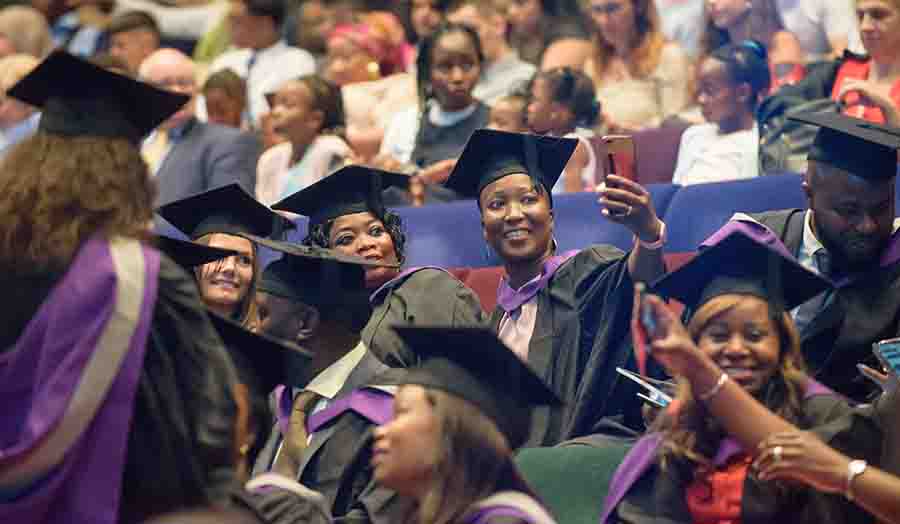



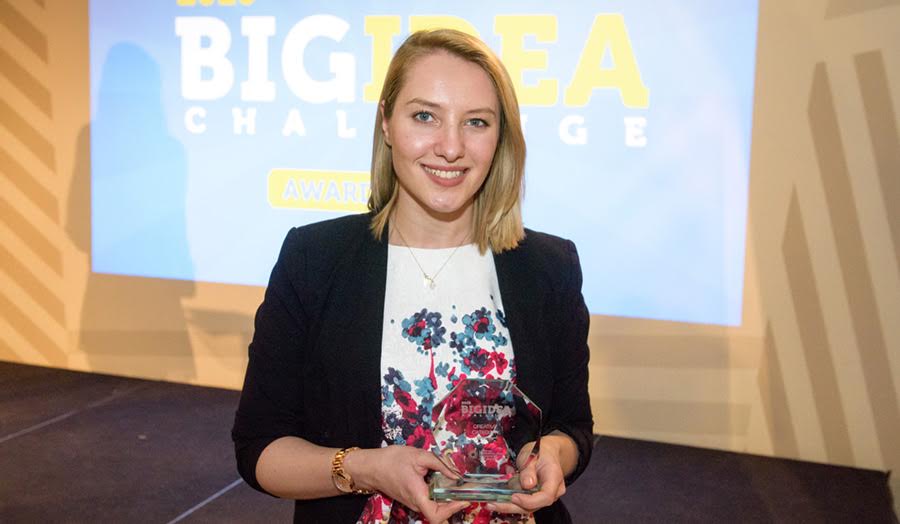
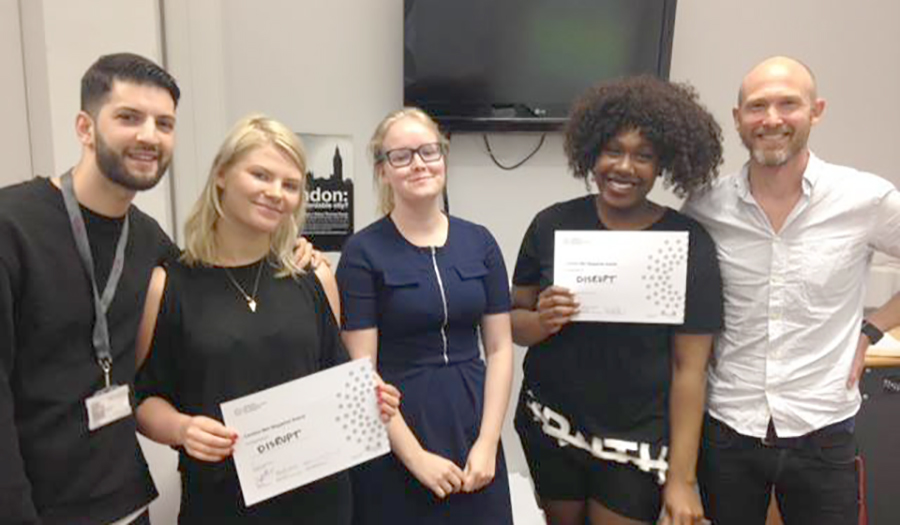
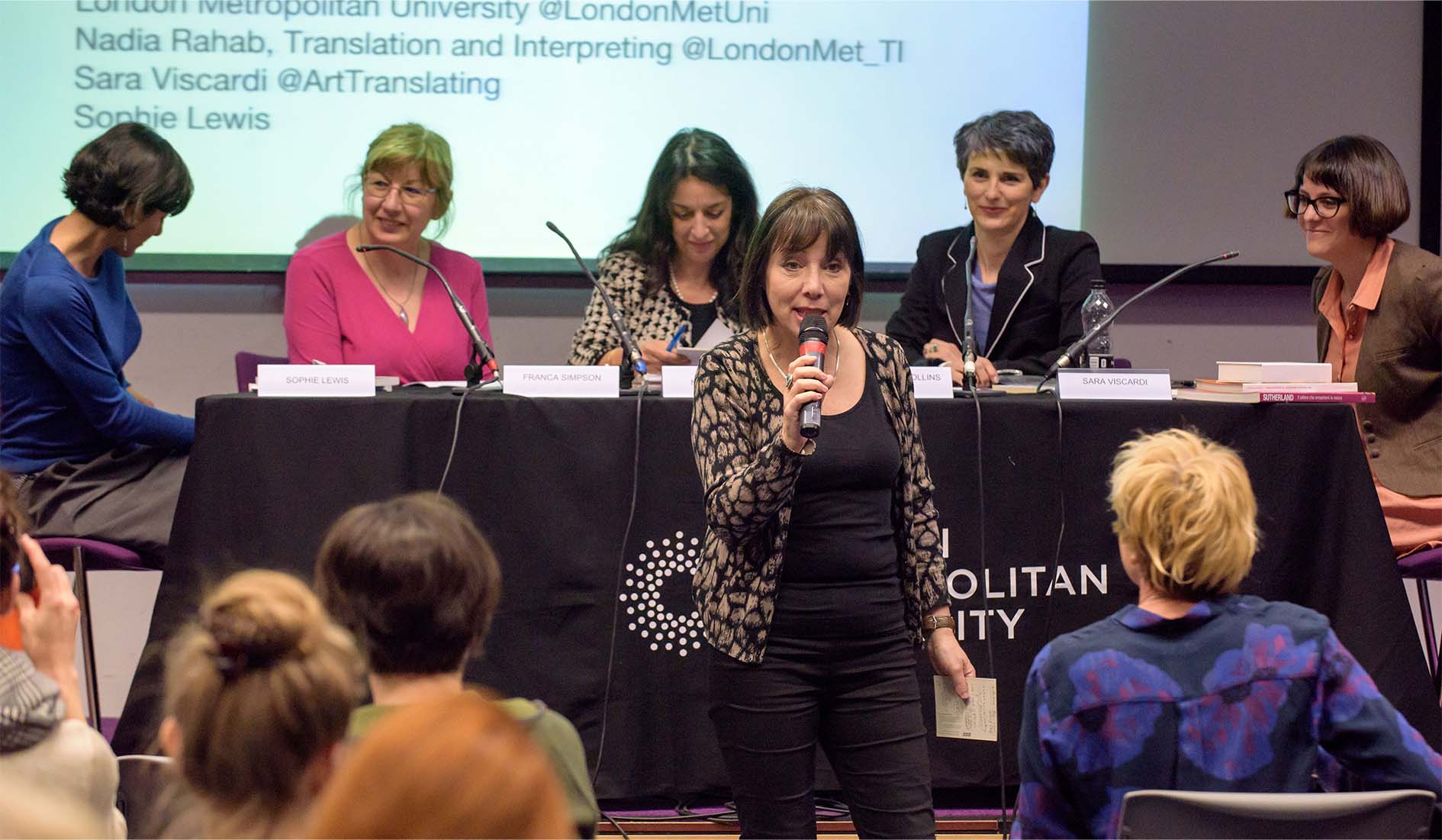
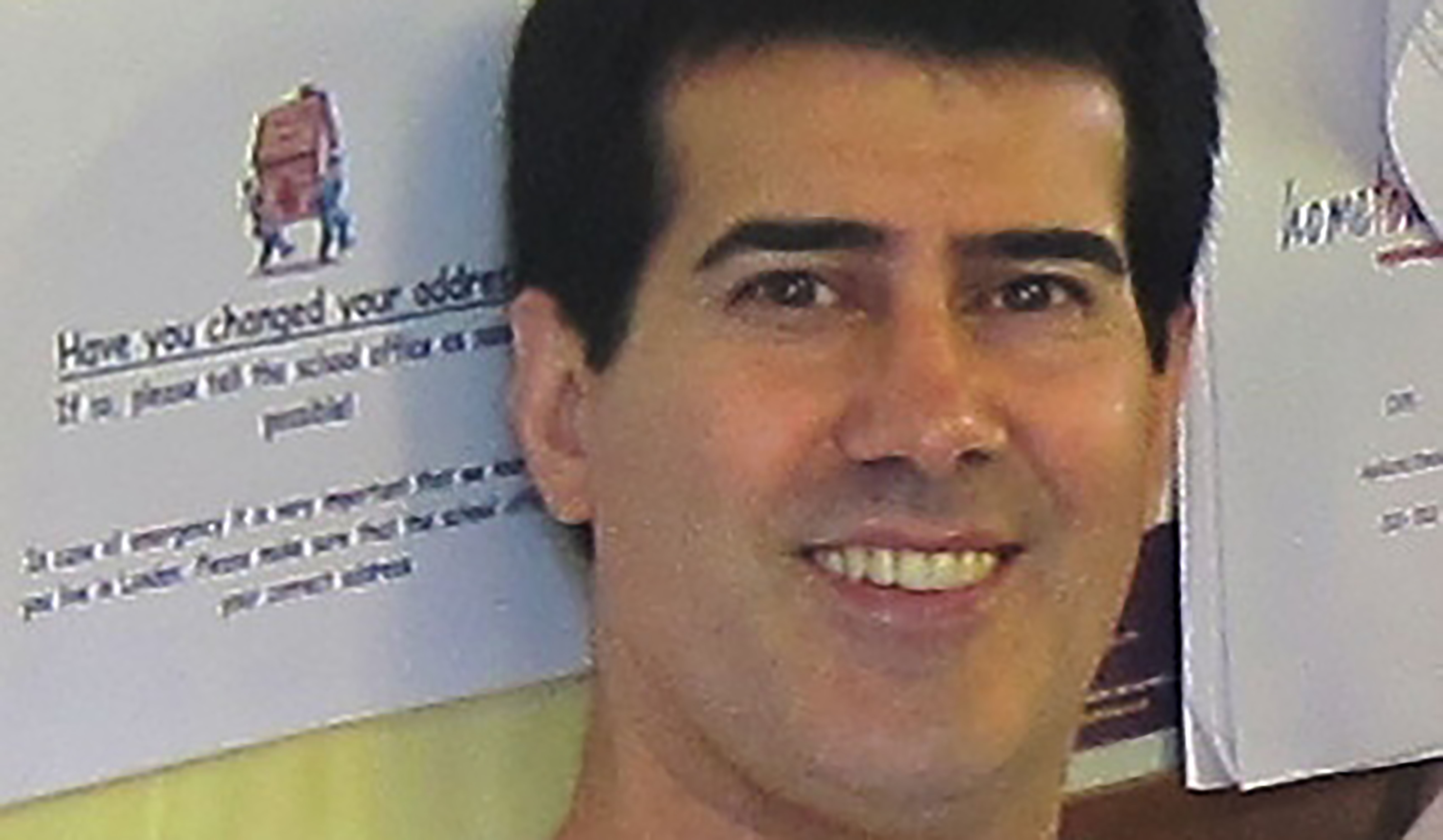
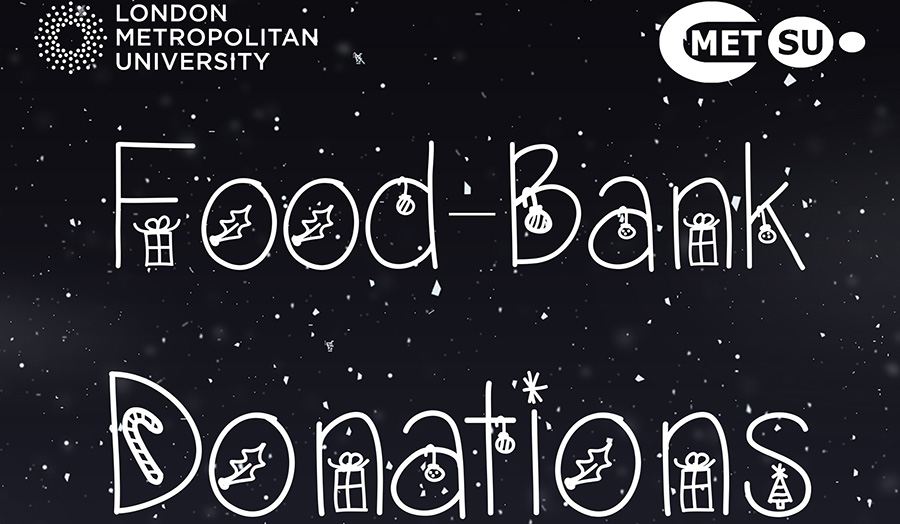
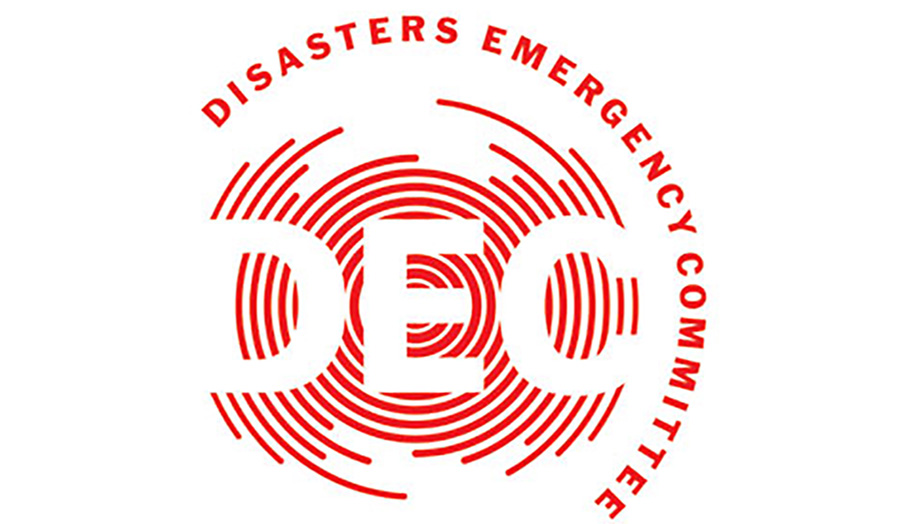
.JPG)







